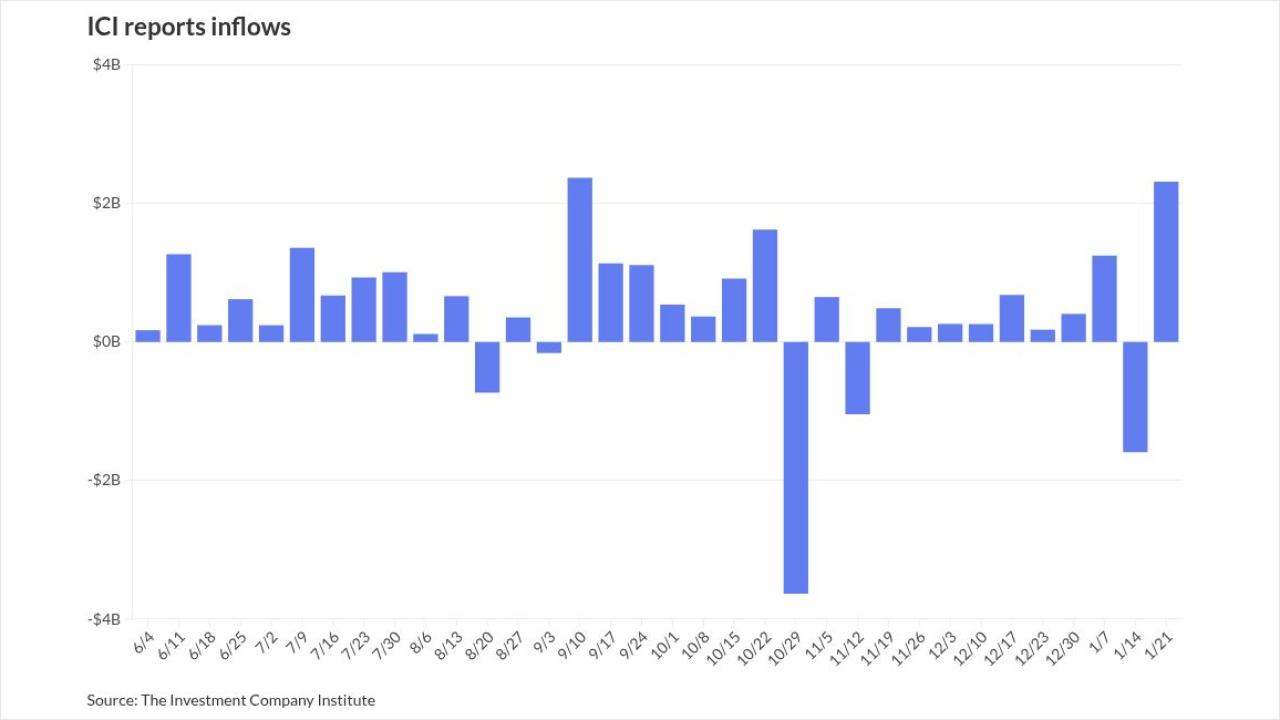BRADENTON, Fla. — Attorneys for Miami have proposed a settlement that seeks to avoid another round of federal civil charges against the city by the Securities and Exchange Commission.
The city’s outside counsel, Morgan, Lewis & Bockius LLP, outlined a potential agreement
That Wells notice was the result of an investigation begun in 2009 into the city’s practice of moving funds between accounts to shore up budget deficits in 2007 and 2008, which may have not been disclosed properly in bond offerings.
The city’s letter said that Miami did nothing wrong, and that it is “deeply disappointed” that SEC staff believes it, and some former city employees, have committed securities fraud despite using budget practices that conformed to generally accepted accounting principles, were approved by auditors and disclosed in financial statements, and were “understood fully by the rating agencies that evaluated the city’s debt.”
Moody’s Investors Service, which placed the city’s ratings on $668.8 million of debt on review for possible downgrade after the Wells notice was sent, said it could not comment on Monday’s letter.
Moody’s said it would review the ratings and “determine whether the issues identified by the SEC are known to us and have been incorporated into our analysis of the city’s finances.” The agency assigns a A2 rating to the city’s general obligation bonds.
The city has not defaulted on its bonds, attorneys pointed out in Monday’s letter.
They also said that the proposed settlement would have to be approved by the City Commission.
While the city’s attorneys said they did not know the basis for the SEC’s conclusion that securities fraud had been committed, they wrote that the SEC staff “made clear its general distaste” for budget transfers.
“But a general dislike for a transaction does not provide a basis for a securities law violation, and the city remains frustrated by the staff’s unwillingness to provide a clear explanation of why fraud charges are appropriate here,” the letter said.
It went on to say that the city said it did not want, nor could it afford, protracted litigation but the city would not accept a settlement that is not commensurate with the facts, or one that contains “a finding of liability” without a reasoned explanation.
As a proposed settlement, the city’s attorney suggested that the SEC issue an investigative Section 21(a) report, which the agency uses to lay out problems without attaching sanctions or fines.
In addition to the report outlining the agency’s issues, Miami said it would improve budget and disclosure practices, including restructuring the finance department, as well as create procedures to document, substantiate, and analyze budget procedures, including proposed interfund transfers and other budget amendments.
The city would also consider restructuring its auditing committee, creating a disclosure committee, and hiring disclosure counsel.
Such a settlement “would allow [SEC] staff to express its disfavor of transactions that governments affect regularly” while encouraging them to engage in heightened disclosures, the letter said.
Miami Commission Chairman Francis Suarez said that the settlement would be best for the city, since it had already signed a cease and desist order with the SEC in 2003 to resolve prior securities fraud charges.
“I feel that it’s better than the alternative, which is for them to find us guilty of intentional fraud or something of that nature, and it’s better than being fined, which is counterproductive because that’s punishing the residents who have to pay for it,” Suarez said.
The settlement is also a better outcome for the city, he said, because “if we admit liability, then we admit to being a repeat offender.”
The city’s settlement letter made no reference to the fact that Miami in 2003 signed a cease and desist order.
In that order, the city told the SEC that it would not to commit any future violation of the antifraud provisions of the federal securities laws.
In that case, the SEC said that the city violated securities laws by omitting material information about its financial status in reports and bond documents.
Some of the securities violations were based on the movement of funds in the Miami’s budget to cover deficits in the 1990s.
After last month’s Wells notice was issued, Fitch Ratings and Standard & Poor’s said they would monitor the SEC’s proceedings without taking immediate rating action. Fitch rates the city’s GOs A-minus with a negative outlook, while Standard & Poor’s assigns a BBB rating to the debt.





